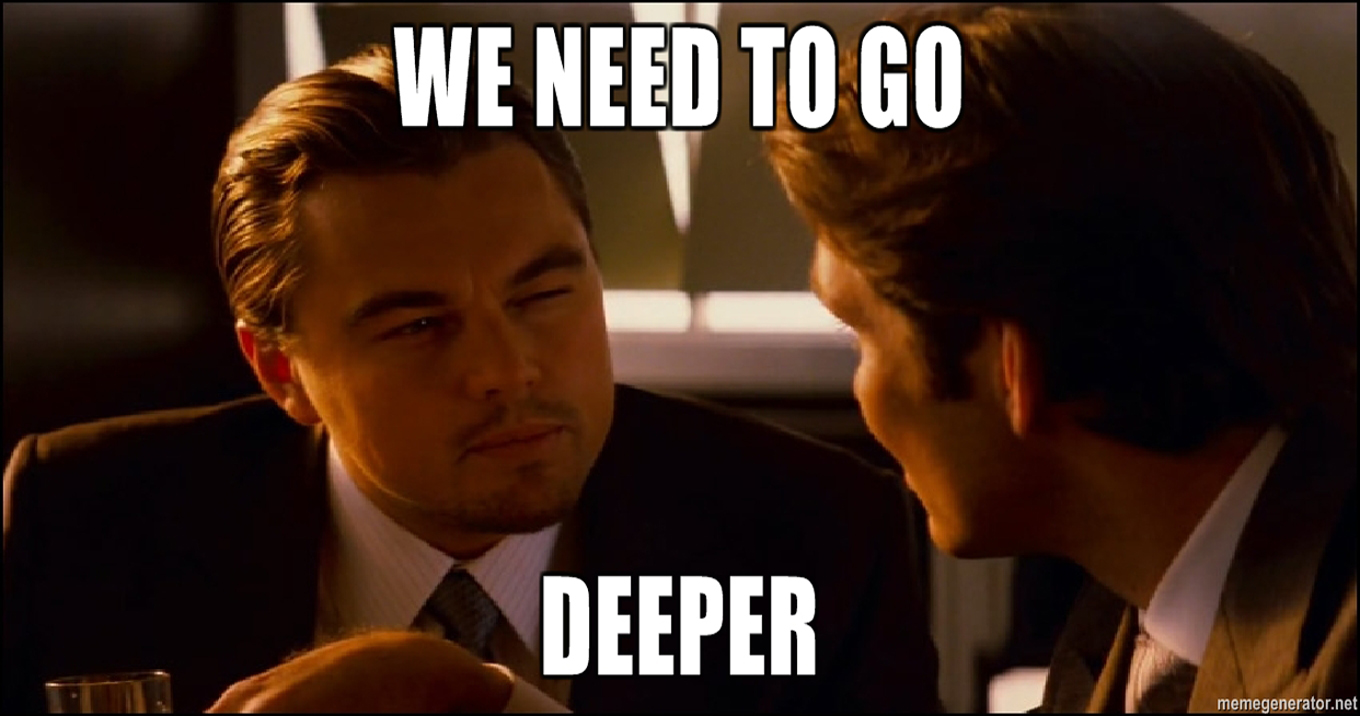Javascript the Hard Parts
Closures, Scope, and Execution Context
A scope in Javascript
A set of all objects, variables, and functions that you have access to.
Scopes are defined by functions
For Instance
var firstName = "Will";
function addLastName() {
var lastName = "Gottschalk";
return firstName + " " + lastName;
}
var fullName = addLastName();
console.log(fullName) // Will Gottschalkvar firstName = "Will";
function addLastName() {
var lastName = "Gottschalk";
return firstName + " " + lastName;
}
var fullName = addLastName();
console.log(fullName);
What's going on under the hood?
Lets Refactor
var firstName = "Will";
function addLastName() {
var lastName = "Gottschalk";
return firstName + " " + lastName;
}
var fullName = addLastName();
console.log(fullName);
var firstName = "Will";
function addLastName(first) {
var lastName = "Gottschalk";
return first + " " + lastName;
}
var fullName = addLastName(firstName);
var anotherName = addLastName("Adam")
console.log(fullName); console.log(anotherName);
Another Example of Scope
var firstName = "Will";
function addLastName() {
var lastName = "Gottschalk";
return firstName + " " + lastName;
}
console.log(firstName + lastName);

Funception
A function inside of a function
var number = 5;
function double(num) {
function add() {
return num + num;
}
var output = add();
return output;
}
var ans = double(number);
console.log(ans);
Refactor
var number = 5;
function double(num) {
function add(n) {
return n + n;
}
var output = add(num);
return output;
}
var ans = double(number);
console.log(ans);
Pair up
Answer these:
- 1. I know what a variable is
- 2. I know what an object is (in programming)
- 3. I've created a function before
- 4. I've added a CSS style before
- 5. I understand 'callback functions'
- 6. I've built a project in React or Angular
- 7. I've coded a project and put it online
Where we left off
var number = 5;
function double(num) {
function add(n) {
return n + n;
}
var output = add(num);
return output;
}
var ans = double(number);
console.log(ans);
What if we want to return a function instead of an output?
Where we left off
var number = 5;
function double() {
function add(n) {
return n + n;
}
return add;
}
var returnedFunction = double();
var ans = returnedFunction(number)
console.log(ans); // 10
What if we want to return a function instead of an output?
The Closure
The variables you have access to are determined by where you define your function, not where you execute you function
The Closure
function initializeCount() { var count = 0; function incrementCount() { count += 1; console.log(count) } return incrementCount; } var countA = initializeCount();
var countB = initializeCount();
countA(); // 1
countA(); // 2
countB(); // 1
The Closure
Each time you run a function that creates a closure, a brand new block of memory is created
deck
By William Gottschalk
deck
- 514



